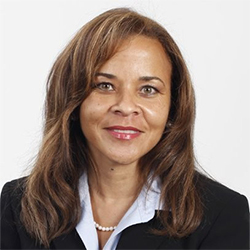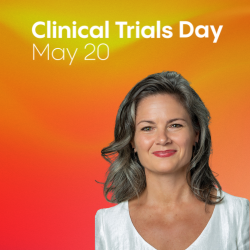Clinical research organizations face a seemingly bewildering array of financial and regulatory demands, but there’s light at the end of the tunnel for those who proactively develop compliance programs, says Mary Veazie, MBA, CPA, CHC, CHRC, executive director for Clinical Research Finance at The University of Texas MD Anderson Cancer Center.
It’s a chronic challenge for clinical trial practitioners, Veazie acknowledges. However, she’s seeing signs in the field that are generating a new optimism for her. “Slowly but surely, we’re getting better at this,” she says. “I’m seeing positive evolution, just maybe not as quickly as I’d like.”
Her desire to help elevate industry performance more quickly is one of the reasons she’s sharing some of her best practices during the next block of sessions in the ACRP 2021 virtual conference in May.
It’s vital for clinical research departments to take a deep dive and better understand the regulatory compliance risks associated with clinical research. This not only helps them to perform trials more efficiently, but also to avoid significant noncompliance penalties from the federal and state governments, say Veazie and co-presenter Erika Stevens, MA, principal consultant with Recherche Transformation Rapide and the 2021 Chair of the Association Board of Trustees for ACRP.
“Every organization goes through this, but some organizations are better at integration than others,” Veazie notes. Integration, or determining if internal systems can “talk” to one another for data transmission purposes, is key to success, she adds.
Among her best practice ideas, Veazie advocates for many forms of proactive action. For example, she advises conducting study audits after the first cohort of 10 to 20 enrollees has reached the first trial benchmark to ensure the process is working correctly. “If problems are identified, [you can] fix them before they get out of hand,” she notes.
“Erika brings the consultant perspective, and I’m in the field,” Veazie says. “I think we’re a good combination that will help [ACRP conference] attendees better understand the challenges they face, along with presenting some ideas for how to improve performance,” she adds.
Author: Michael Causey



